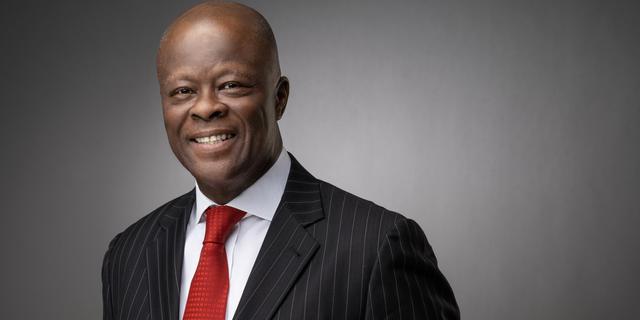The Nigerian Federal Government has reintroduced the study of Nigerian history as a compulsory subject in the national basic education curriculum. This move aims to promote national identity, unity, patriotism, and responsible citizenship among young Nigerians. According to the Minister of Education, Dr. Tunji Alausa, the revised curriculum is designed to instill pride in Nigeria’s past, foster civic consciousness, and equip students with the knowledge and values necessary for responsible nation-building.
The minister expressed gratitude to President Bola Tinubu for supporting this reform under the Renewed Hope Agenda. Dr. Alausa emphasized the importance of history in shaping responsible and patriotic citizens, stating that it is not merely a record of the past but a vital foundation for nation-building. For the first time in decades, Nigerian pupils will study Nigerian history continuously from primary school to junior secondary school.
The new curriculum includes a subject called Civic and Heritage Studies, which integrates Nigerian history with civic education for students in senior secondary school. This approach ensures that learners understand the nation’s story while cultivating the values of citizenship, responsibility, and service. Primary school pupils will explore various topics, including Nigeria’s origins, cultural heritage, political evolution, and geography. Junior secondary school students will study early Nigerian civilizations, pre-colonial states, and democratic governance, blended with civic values to strengthen identity and national unity.
The Minister of Education described this reform as a significant gift to the nation, reconnecting children with their roots and inspiring pride, unity, and commitment to Nigeria’s development. The incorporation of civic education into the new curriculum will equip learners with the knowledge and values necessary to respect diversity, uphold institutions, and contribute positively to society. The Ministry has released the revised Nigerian History Curriculum and plans to collaborate with stakeholders to ensure effective implementation, including providing resources, retraining teachers, and strengthening monitoring and evaluation frameworks.
The Minister called on parents, educators, and communities to support this historic reform, emphasizing the shared responsibility of raising patriotic, disciplined, and forward-looking citizens. The reintroduction of Nigerian history as a compulsory subject is a significant step towards promoting national identity and unity, and its successful implementation will depend on the collaboration of various stakeholders.

![papaya ex accuses lagos police of assault on tiktok live He hit my face, breasts with gun - Papaya ex alleges assault by Lagos Police [VIDEO]](https://mediatalkafrica.com/wp-content/uploads/2026/02/xPapaya-Ex-Accuses-Lagos-Police-of-Assault-on-TikTok-Live-1024x1024.jpg.pagespeed.ic.-z5TRq1vOl.jpg)

